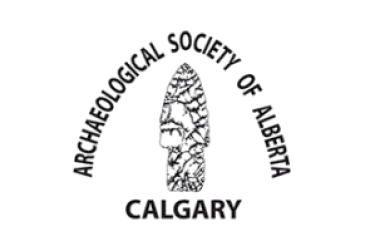Speakers: Maxime Lamoureux-St-Hilaire and Rubén Morales Forte
For generations, Latin American heritage communities have provided labor for field projects led
by Global North academic archaeologists. This labor force, composed of grassroots
archaeologists working seasonally, remains instrumental to our field. Yet, these professionals
are excluded from initial research design and later, synthesis and dissemination
phases—profoundly limiting their contribution to the production of archaeological knowledge.
The Dolores Slow Archaeology Program (DSAP) challenges this postcolonial situation by
developing a sustainable archaeological program in concert with a Guatemalan heritage
community. DSAP is centered in Dolores, Petén, Guatemala: a primarily ladino, rural
municipality surrounded by major Classic Maya sites and home to over 100 grassroots
archaeologists, some of whom have been engaged with the field for half a century. Despite this
longstanding working partnership with researchers, the cultural and historical reality of people
from Dolores (Doloreños) remains misunderstood.
DSAP is harnessing the emic lenses of ethnographic methods – semi-structured interviews and
focus groups – to study this heritage community and to decolonize archaeological practices by
co-designing a local archaeological program with Doloreños. Our three principal objectives are
to: 1) Document the instrumental role of Doloreños in advancing Maya archaeology; 2)
Illuminate the state of Maya archaeological practice based on the perceptions of grassroots
archaeologists to critically define more inclusive – and decolonial – research methods; and 3)
Identify a local site of interest and collaboratively design an archaeological research program to
fully involve Doloreños in the creation and dissemination of knowledge.

